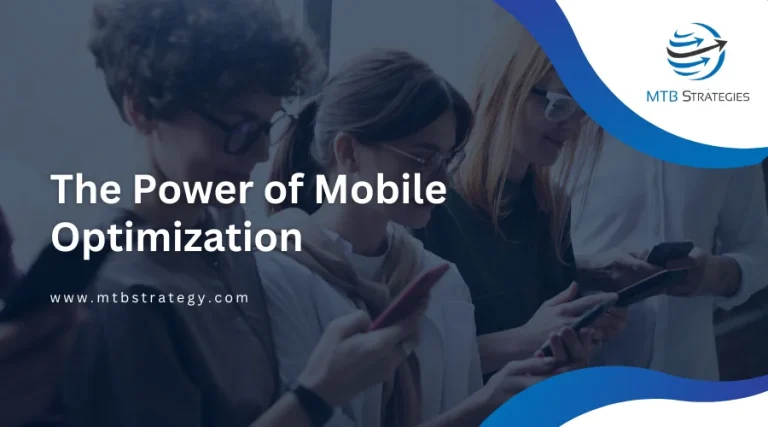Visitors’ entry points can be tracked in Google Analytics’ Acquisition Reporting section. You can find out more about your visitors (for example, if they found your site through a search engine or a direct link) and the effectiveness of your marketing initiatives with the help of targeted reports.
Acquisition – Overview Report
Insightful data are provided at a high level in the Acquisition Overview Report concerning:
- Where do most of your site visitors come from?
- Engagement metrics (such as Bounce Rate, Pages per Session, and Average Session Duration) are set by default for each channel.
- How many conversions each channel sees, and how often does it sees conversions (if Goals or E-Commerce tracking have been enabled)?
All Traffic – Channels Report
The All Traffic – Channels report summarizes the various acquisition channels that bring visitors to your site. A standard report will open when you click on any of the media.
Each packet is assigned to a specific channel according to predetermined criteria. In the settings for each perspective, you can rearrange the channels however you like. By default, Google Analytics classifies channels as:
- Affiliates
- Direct
- Display
- Organic Search
- Other Advertising
- Paid Search
- Referral
- Social
- (unavailable) or (other) – Sessions don’t match any channel description
You’re taken to the Keywords report when you click on Organic Search. On Direct, you’re taken to the top landing pages for direct visitors. On Referral, you’re taken to the top websites that referred you; on Social, you’re taken to the top social networks that referred you.
All Traffic – Source/Medium Report
The Source/Medium report provides more specific information on the origins of your site’s visitors. It includes information like which search engines contributed to your site’s organic traffic, which websites referred visitors, which networks contributed to your site’s paid search traffic, and so on.
If you want to see which search engine, newspaper, or directory sends you the most traffic, you can do so quickly and efficiently with this report.
It’s commonly considered that Google Analytics’ “Direct” channel only includes visits to your site that originated from direct methods like entering your URL or accessing your site via bookmarked links.
Traffic that doesn’t come to your site directly but is nonetheless labeled as “Direct” in Google Analytics is called “Dark Traffic,” and it’s not the only form of traffic that gets labeled as “Direct.”
Because of how Google technically defines “Direct” traffic, i.e., traffic that does not carry referral data with it via the HTTP header as it arrives on your site, the term “Dark Traffic” has come into being (refer back to the definition in the table above).
Since its inception, “Dark Traffic” has evolved into a wide variety of subgenres.
Dark Traffic
Incorrectly classified as “direct” by Google Analytics or other web analytics systems is what we call “dark traffic.” Many forms of illicit traffic are incorrectly categorized as “Direct,” including but not limited to the following:
- Traffic via chat apps such as Whatsapp and Messenger
- Traffic via email clients like Outlook / G-Mail
- Traffic via native mobile apps
- Traffic via improperly tagged digital advertising
- Traffic via “Dark Search” (In-app searches, image searches, secure searches)
- Referral traffic from a secure (HTTPS) site to a non-secure (HTTP) site
All Traffic – Referrals Report
You can learn more about the sites that sent people to yours by clicking on a link in the Referrals report. Clicks from advertisements and natural search results are typically not included in this metric.
To see the sites where users discover and click on your links by a third-party website, select a source domain from the main report and click on it. In other words, these are the channels through which recommendations are made.
Google Ads Reports
When you connect your Google Ads (formerly AdWords) account with your GA reports, you can see how well your paid search and display traffic is doing from one centralized location.
The reports in this category allow you to look at campaign performance, keyword performance, and landing page performance and optimize your campaigns accordingly.
Google Search Console Reports
When you connect your Google Search Console and Google Analytics accounts, you’ll have a wealth of additional information at your disposal regarding the performance of your organic search traffic.
Analyzing the results of organic keywords and landing pages in this report can help determine what material needs to be updated or added.






